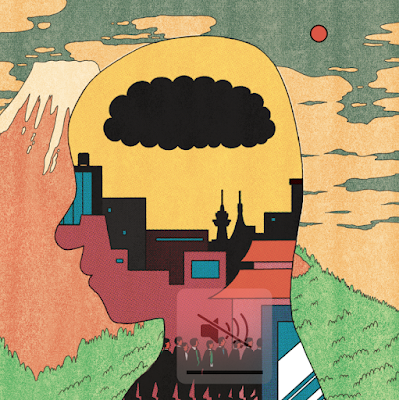"The Lingering Tragedy of Japan's Lost Generation" for The New York Times

The Lingering Tragedy of Japan’s Lost Generation Mark Wang I met Hiroshi S. a few years ago at a support group in Tokyo for socially isolated Japanese. A chain-smoking 43-year-old in a puffy down vest, he was one of an estimated one million or more Japanese known as hikikomori, which roughly translates as “extreme recluses.” Typically male, between the ages of 30 and 50, jobless or underemployed, they have largely withdrawn from society after Japan’s extended economic malaise since the 1990s prevented them from getting their working lives in order. Hiroshi, who asked that his full name not be used, crashed out of Japan’s corporate job market roughly 20 years earlier and was living off his aging, unsympathetic parents in their home, where he racked up credit card debt on pop culture merchandise. He even contemplated suicide. “Japan has changed,” he told me, referring to the shrinking opportunities and hope available to his generation. He never once looked me in the eye. That was in 2017...
